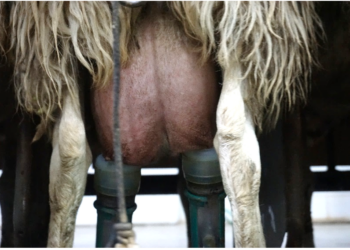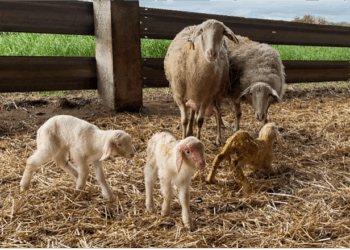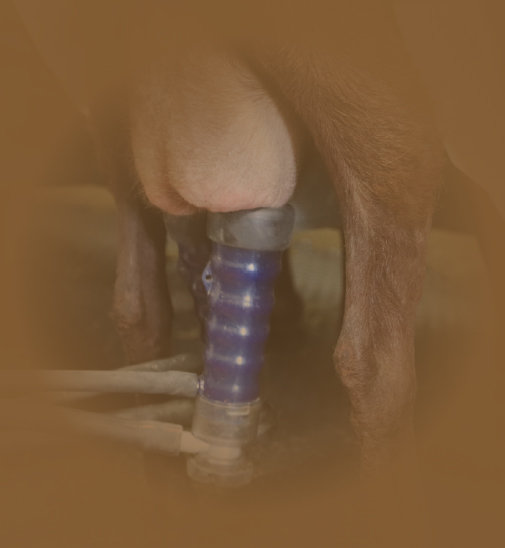Most sheep and goats are seasonal animals, with the natural breeding season being when daylight hours decrease. To ensure the greatest efficiency and profitability during mating, it is necessary to prepare the animals by implementing some actions related to their management and health.
A crucial time for the flock and herd
To achieve the best reproductive results, specific management practices and health measures are necessary to ensure that the animals are in the best condition.
The mating season is crucial to the profitability of the farm
What are the most important management practices?
Body Condition (BC)
Sheep and goats should be in optimum body condition at the time of mating. If they are very thin or overweight, their fertility will be affected and the risk of embryonic death also increases.
Ideally, animals should have a BC of 3 at the time of mating (score 1-5). It is advisable to monitor BC throughout the year in order to adjust or modify the diet if necessary.
There is a direct relationship between body condition, ovulation rate and the number of lambs/kids born
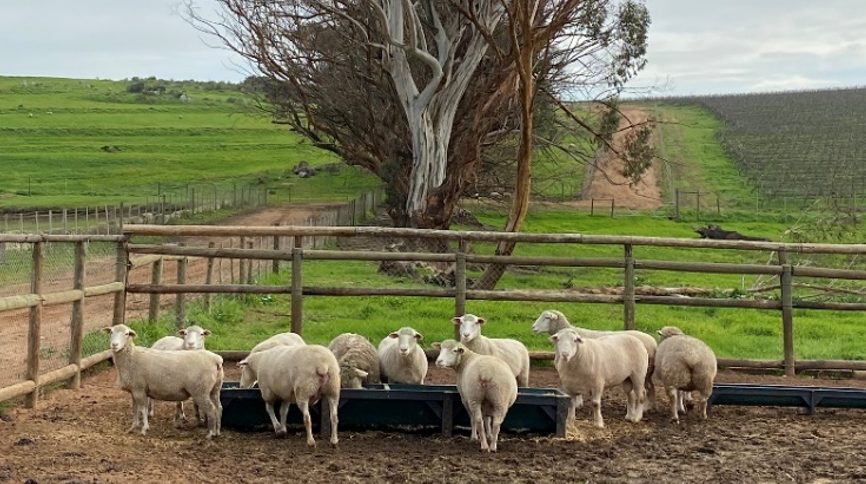
Another important point is that primiparous females should have at least 60% of their adult weight.
It is also necessary to ensure that animals receive adequate levels of protein, energy, vitamins, and minerals.
Flushing
This is a strategy for improving the sheep or goats’ condition before mating. It is about increasing the energy in the diet, for example, by providing more grain or high-quality pastures.
Flushing increases prolificacy and birth rate, and reduces embryonic mortality
It should be started 4 to 2 weeks before mating and can be continued for a few weeks afterwards.
Management of males
Males should also have good BC, around 3.5-4.
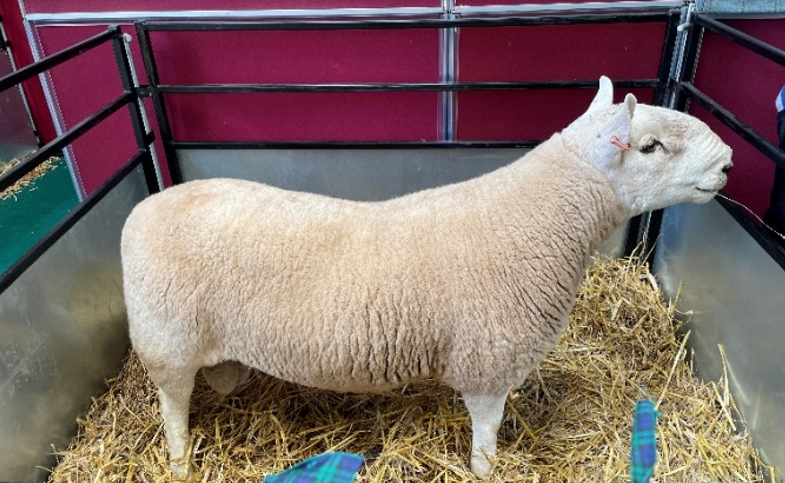
A thorough examination of their reproductive system should be carried out:
· Penis, testicles, and scrotum with no lesions or abnormal palpation
· Scrotal circumference
· Semen evaluation
Animal health
· Vaccination: Vaccinating the flock against abortive diseases is crucial. Most vaccination protocols are carried out before mating, as is the case with C. Abortus and S. Abortusovis, although there are vaccines which have demonstrated their safety and efficacy in other reproductive stages. Vaccination is the best strategy for preventing the impact of these diseases, as it helps reduce the number of reproductive problems and the excretion of the pathogen.
· Deworming: It is recommended to do a parasite test and treat if necessary. Also protect against external parasites.
· Hooves: They have to be in good condition as the mating season is a time of great activity. It is recommended to trim them and detect cases of foot rot.
Conclusions
The key to a successful mating season is planning:
· Good management
· Prevention of infectious abortions through vaccination
Article written by:
Tania Perálvarez Puerta. Global Product Manager, Small Ruminants Franchise – HIPRA
